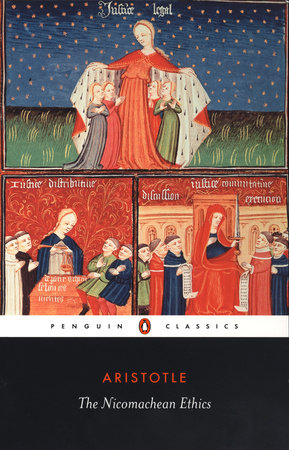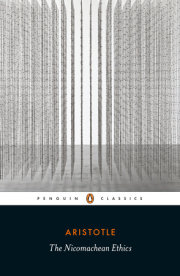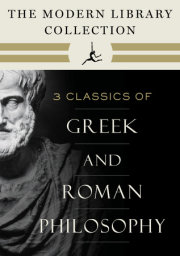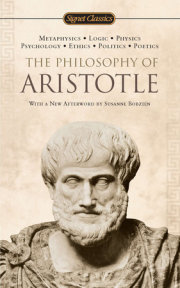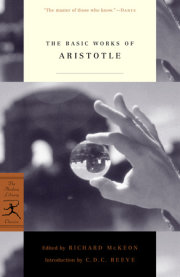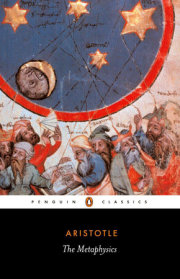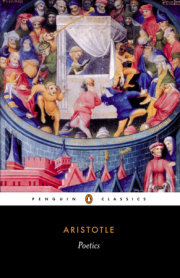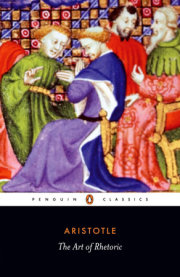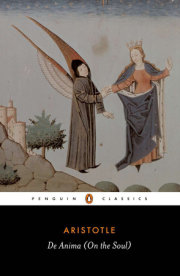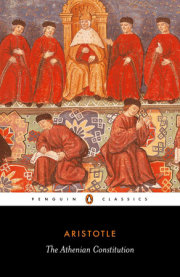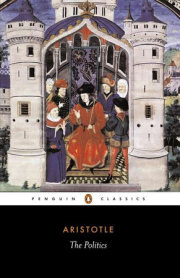The Nicomachean EthicsPreface
Chronology
Introduction
Further Reading
A Note on the Text
Synopsis
The Nicomachean Ethics
Book I: The Object of Life
Book II: Moral Goodness
Book III: Moral Responsibility: Two Virtues
Book IV: Other Moral Virtues
Book V: Justice
Book VI: Intellectual Virtues
Book VII: Continence and Incontinence: THe Nature of Pleasure
Book VIII: The Kinds of Friendship
Book IX: The Grounds of Friendship
Book X: Pleasure and the Life of Happiness
Appendix 1: Table of Virtues and Vices
Appendix 2: Pythagoreanism
Appendix 3: The Sophists and Socrates
Appendix 4: Plato's Theory of Forms
Appendix 5: The Catagories
Appendix 6: Substance and Change
Appendix 7: Nature and Theology
Appendix 8: The Practical Syllogism
Appendix 9: Pleasure and Process
Appendix 10: Liturgies
Appendix 11: Aristotle in the Middle Ages
Glossary of Greek Words
Index of Names
Subject Index

